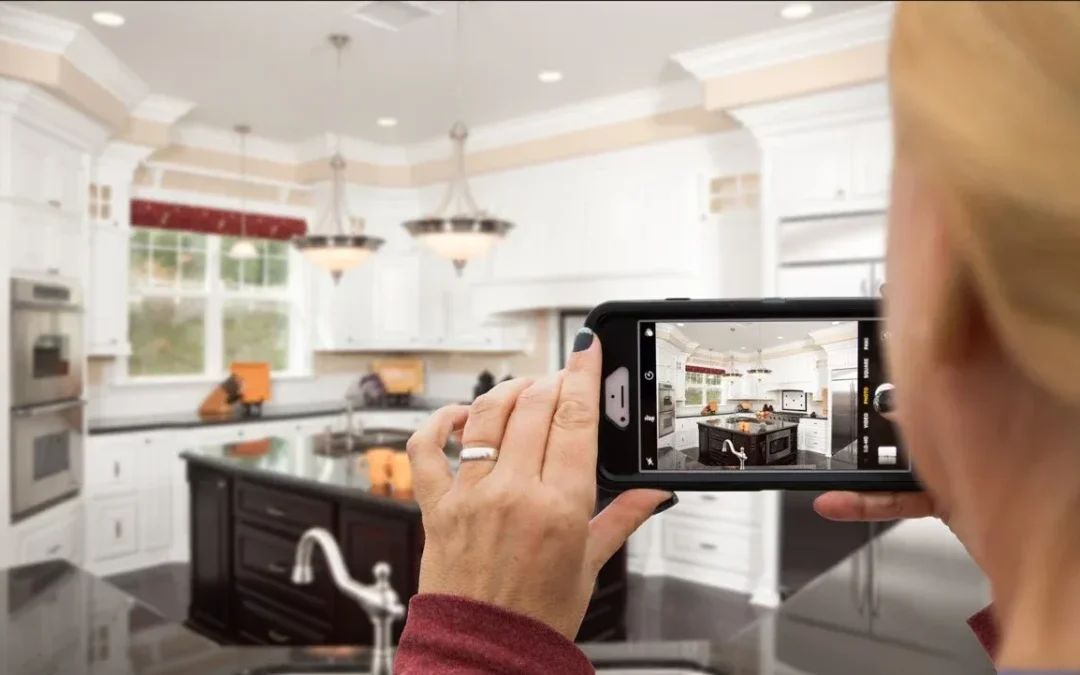The property insurance world has stumbled upon a grey area when determining the rights of adjusters, inspectors, and technical experts while inspecting the insured’s dwelling. Such uncertainty has risen from Florida’s recognition of the right of privacy in oral, wired, and electronic communication through the enactment of chapter 934 of its statutes (Fla. Stat. §934.03).
Recently, the Fourth District Court of Appeal of Florida has decided on a controversy involving the recording of a home inspection. In Gesten v. American Strategic Insurance Corp., (2022), the court addressed an entry of final summary judgment in favor of American Strategic Insurance Corp. (”ASI”). There, the Gesten’s (”homeowners”) suffered a loss caused by a plumbing malfunction. As part of the adjusting process in support of their claim, the homeowners granted the Public Adjuster’s (”PA”) request to wear a body camera while inspecting the property. With this, the PA intended to increase transparency and accountability in the claim process.
When ASI learned about the PA’s innovative adjusting method, ASI objected to the recording. After further discussion on the matter, the parties did not reach an agreement. In the end, ASI’s entourage left without completing the inspection.
Consequently, ASI petitioned for declaratory relief on its right to inspect the property free of video and audio recording. The trial court granted ASI’s injunction, and the homeowners appealed.
The Fourth District Court of Appeal reversed the trial court’s decision. The opinion relies heavily on the construction of the statute from the Florida Supreme Court in State v. Smith. The Supreme Court established that section 934.03 applies where there is “an actual subjective expectation of privacy, along with a societal recognition that the expectation is reasonable.” Therefore, the recording must respect the reasonable boundaries of privacy expected by the adjusting parties without interfering with the fairness of the inspection process. Here, the court found nothing precluding the homeowners from recording the inspection.
So, This Means I Can Record a Home Inspection?
Well, it depends.
For instance, you will avoid contention if the recording focuses on more accurate documentation of damages. The goal should be to capture an accurate representation of the property’s condition at the time of the loss. Recording the inspection could positively impact the fairness of insurance claims if enforced appropriately.
Nonetheless, the concurring opinion infers that a recording may not be appropriate under the right set of facts. For example, using the recording to hound the inspectors with questions might infringe on the inspector’s reasonable expectation of privacy and interfere with the fairness of the inspection. Ultimately, wrongful conduct from the homeowners at the time of recording could create prejudice on the insurer and cause a detriment to the outcome of the claim.
What Can We Expect in the Future?
This is a novel issue in the insurance litigation arena. For that reason, we can expect more litigation to arise, rendering an expansion in judicial interpretation on this matter. Moreover, insurance companies may elect to resolve this issue beforehand by including recording agreements in the language of the policy.
If you encounter problems with this matter or feel uncertain about your rights under the policy, you can always turn to our team of experienced attorneys at Schirmer Law.
Contact us today at 754-260-5410 or info@SchirmerLaw.com to schedule a free consultation.


